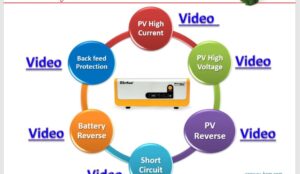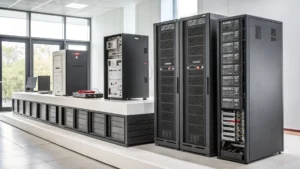Lithium batteries are rapidly gaining popularity due to their high energy density, long lifespan, and lightweight design. They are becoming increasingly important in various applications, from portable electronics to electric vehicles. Understanding the fundamentals of lithium battery technology is crucial for anyone interested in sustainable energy solutions. This knowledge empowers informed decisions about their use and adoption. Lithium batteries utilize lithium ions for their electrochemical reactions. This unique characteristic allows for efficient energy storage and release. The chemistry behind lithium batteries is complex, but the core principle is relatively straightforward. Different types of lithium batteries exist, each with its own specific characteristics and applications. Understanding these differences is essential for selecting the right battery for a particular need. The advantages of lithium batteries are numerous. Their high energy density allows for compact and lightweight designs, making them ideal for portable devices. Their long lifespan and relatively low maintenance requirements contribute to their overall cost-effectiveness. Furthermore, lithium batteries are environmentally friendly, reducing reliance on traditional energy sources. These factors make them a crucial component in the transition towards a sustainable energy future.
Lithium Inverters: A New Era of Power
The Power Shift: Why Lithium Inverters are Outsmarting Traditional Options For years, when we thought




